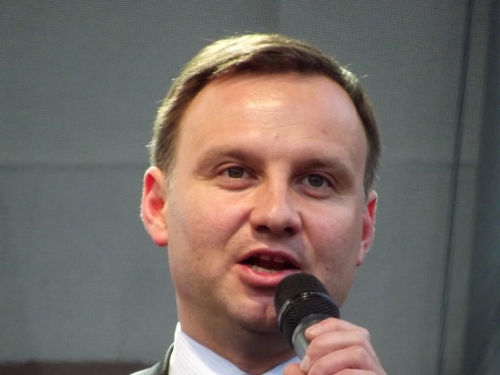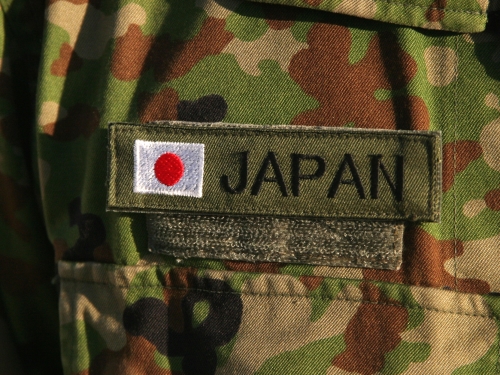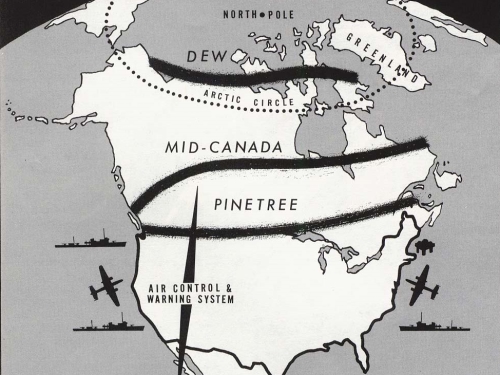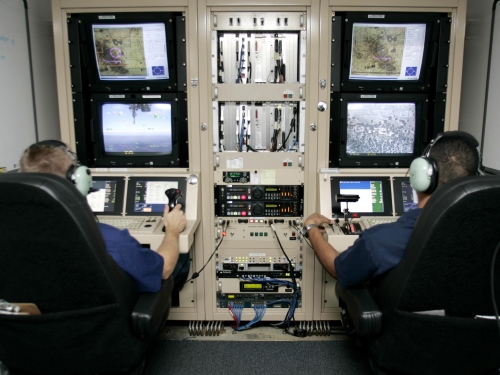
This article was originally published by The Conversation on 7 August, 2015.
Where next for Poland? That is the big question following the swearing in of Andrzej Duda for a five-year term as the new president.
The 43-year-old lawyer’s shock victory in May’s presidential election has shaken up Polish politics. It means that for the first time since 2010, Poland’s president is from a different party to the prime minister. Duda represents the right-wing Law and Justice party, while prime minister Ewa Kopacz is from the centrist Civic Platform.
Duda’s victory prompted speculation about whether there would be a significant shift in Polish international relations. Up to a point, is the short answer. Real executive power lies with the prime minister, but the Polish president is not simply a ceremonial figure. According to the constitution, the president has informal oversight and a coordinating role over foreign policy.




